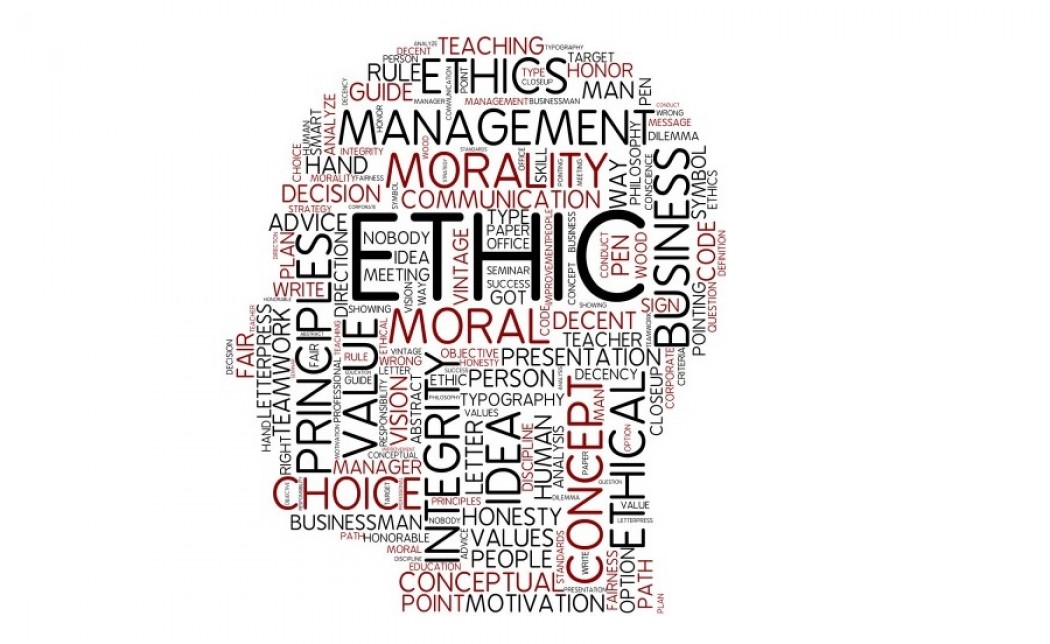Uruguay has been improving its human rights policies, especially related to LGBT people, and is modernizing its water and sanitation services.Cabo Verde
Highlights: This West African group of islands off the coast of Senegal is a small country with big changes recently. Cabo Verde abolished the death sentence, introduced an ethics code to deal with corruption and has decriminalized homosexuality. Leaders have a number of plans in the works for environmental projects and environmental training for teachers; sustainable development; and for combatting child labor and violence against children.
Attractions: The country is known for gorgeous hikes, crystal beaches, water sports, turtle-watching tours on Boa Vista and the country’s highest peak, Mount Fogo.
RELATED STORIES
Let conscience be your travel guide
Issues to overcome: Human trafficking, sex tourism, violence against women and shark fishing (for fins).
Chile
Highlights: Known for its stunning natural scenery from the Andes to Patagonia, Chile scored highest among this year’s list for environmental protection, in part for halting mining development that would affect indigenous communities, as well as for rejecting hydroelectric dams in Patagonia on the Futaleufu River. Chile also is the first country in South America to approve a carbon tax, and it received the highest possible scores from Freedom House for press freedom.
Wild card: The government convicted 75 former agents of the Pinochet secret police for kidnapping a political opponent in 1974.
Issues to overcome: LGBT people continue to face bias, despite a 2012 antidiscrimination law covering sexual orientation and gender identity.
Dominica
Highlights: One of the middle links in the chain that is the Lesser Antilles on the eastern edge of the Caribbean, Dominica is big on freedoms. The Constitution “guarantees freedom of the press and the judiciary, as well as freedom of speech, assembly, and religion,” according to the Ethical Traveler report, and the Internet is neither restricted nor censored by the government. Dominica prohibits discrimination based on race, gender, ethnicity, color and creed, and is at the forefront of geothermal energy production among Caribbean nations (crews have completed the drilling phase of a geothermal power project).
Attraction: The country offers many hiking opportunities, including the 115-mile Waitukubuli National Trail, “the longest of its kind in the Caribbean and the region’s first major walking trail.”
Lithuania
Highlights: Having endured decades of German and Soviet rule, Lithuania scored highest among the group in Human Development Index, a U.N.-generated indicator of social welfare and, according to one World Bank index, is doing well at combatting economic inequality. Freedom House gave Lithuania a perfect score in the areas of civil and political rights. The country has one of the “most effective social welfare systems in Europe.” Lithuania has been on the Ethical Destinations list in past years, in part because of environmental protections for its natural attractions, including the dune-covered Curonian Spit.
Wild card: Among the five national parks is Aukshtaitskiy National Park, which hosts the Museum of Ancient Beekeeping.
Mauritius
Highlights: According to the Heritage Foundation’s Economic Freedom Index, Mauritius not only outscored the rest of this year’s honorees, the tiny island country also beat out the United States and the United Kingdom in the category. Leaders have started a tree-planting campaign with a goal of 200,000 trees, and the country has established fishing reserves and marine parks, as well as a community-based coral farming program to combat the loss of reefs. Democratic government is stable and generally has a positive reputation for transparency and accountability, and encourages economic development at the regional level.
Attractions: Mauritius, an island surrounded by nearly a hundred tiny islets and rocks in the Indian Ocean 500 miles east of Madagascar, is home to Tamarin Bay, one of world’s best-known surfing spots.
Palau
Highlights: This tiny archipelago 400 miles east of the Philippines (population 21,000) has the lowest unemployment rate of countries on the list, and received a perfect score from Freedom House in the areas of civil and political rights. The country created the world’s first shark sanctuary — about the size of France — to combat “finning” (for shark fin soup), and is considering creating a similar marine sanctuary that would ban commercial fishing in the same area. Twenty-eight percent of the marine and land areas are protected.
Attractions: The Rock Islands, a UNESCO World Heritage Site, offer gardens of coral, clear waters, lakes filled with “stingless” jellyfish, waterfalls and unspoiled caves.
Issues to overcome: Reports of discrimination and abuse against foreign workers, who account for one-third of Palau’s workforce, and negative impacts from excess tourism.
Samoa
Highlights: Like many of its South Pacific island neighbors, Samoa is home to rain forests, waterfalls, cave pools, volcanic craters and pristine beaches. In 1962, however, Samoa became the first Polynesian nation to re-establish independence in the 20th century. The country has passed legislation against sexual harassment and discrimination in the workplace, as well as legislation reserving at least 10 percent (five) of the 49 seats in Parliament for women. Last year, leaders also passed “major legislation on disability rights.”
Wild card: Recent legislation makes it legal for a man to dress like a woman, important in Samoan culture for fa’afafine — men who live as women and are generally considered a third sex.
Issues to overcome: Deforestation in Samoa still is a concern (and appears to be at least partially responsible for flash floods on the islands).
Tonga
Highlights: A 170-
island archipelago north of New Zealand, Tonga remains the only monarchy in the Pacific. It is the first country in the world with a law that “manages seabed mineral activities within its national marine space and under its sponsorship in international waters.” The new Family Protection bill includes provisions to safeguard victims of domestic violence. Criticisms of the government appear regularly in all newspapers, including those owned wholly or partly by Tonga.
Attractions: Tropical beaches, rain forest and active volcanoes.
Issues to overcome: According to the report, corruption is widespread, with royals, nobles and their top associates allegedly using state assets for personal benefit.
Uruguay
Highlights: Eighty percent of the country’s energy comes from renewable resources, and Uruguay has put itself “at the forefront of sustainable public transportation in Latin America.” It has the most liberal policy for LGBTQ in the region, and leaders made abortion legal, and instituted a 30 percent quota for representation of women in the government. Uruguay received a near perfect score in Freedom’s House index of Political Rights and Civil Liberties, and it ranked near the top for press freedoms.
Wild card: Uruguay accepted Syrian refugees and has a program in place to help the refugee families adapt to life in Uruguay.Vanuatu
Highlights: At the midpoint between the Solomon Islands and Fiji, Vanuatu is a blend of dozens of cultures — some European, most from the earliest settlers of the Pacific. Vanuatu has made progress with land reform and it supports indigenous rights. The government “generally respects freedoms of speech, press and assembly,” and in June 2013, the Council of Ministers agreed to a proposal to reserve 30 percent of Parliament seats for women. The country has been at the forefront of the fight against climate change, and has been designated as the Happiest Country in the World, according to the Happy Planet Index, which focuses on life expectancy, experienced well-being and ecological footprint.
Wild card: On the island of Tanna is a banyan tree said to be the “size of a soccer field.”
More information
Most details and statistics, and some wording, are taken directly from the Best Ethical Destinations report, which can be found online at www.ethicaltraveler.org.


